Please welcome the fabulous Sammie @ The Bookwyrm’s Den to the blog today! This post gave me so many feels, I cannot even do it justice, so I hope you all love it as much as I did. (Also, her writing is so gorgeous, is it not?)

“Hey, Black girl!” a boy on my playground calls.
Seven-year-old me immediately looks around to see who he’s talking to. There’s no one. Just me. My brain shuts down, unable to process this new information. I end up yelling back, “I have a name, you know,” because it’s the first thing that pops into my mind. All the while, the only thing I can think is, Am I Black?
It may seem weird that I wasn’t aware of my blackness until I was seven, but this is the first instance I was faced with it. My mother is white. My adopted father is American Indian. I understood that my skin was different, but I’d never felt so other as that day on the playground.
You might say that my coming into my blackness was a unique experience, made all the more complicated by my family. My Scotch-Irish uncles are always darker than me in the summer, as is my adopted father. There were no other black kids in my extremely white town (and even now, there’s no black families living there). My mother always balked when people called me black, and insisted that I was brown, like there was something wrong with being associated with blackness at all. I think she was just trying to protect me, in her own way, but it only complicated my world view, because I’m neither and both all at the same time. I’m biracial.
***
Let me set the picture a little on my childhood. It was the 1990s. Racism was alive and well, even in the North. When I was three, my grandfather’s friend’s wife refused to let “that n*gger baby” in her house, or so my grandparents tell it. All I remember is having lunches out on their porch, and how much my grandfather and I loved that old man. I didn’t even know he was married until my grandfather mentioned it a few years ago, but I can still remember how excited he was to see us when we’d stop by.
When I was five, my sitter abused me, usually in little ways, like occasionally refusing to let me eat or leaving me out of activities. My mother didn’t believe me. Not until the day she wouldn’t let me in the house to use the bathroom and I ended up soiling myself, anyway. I barely remember that woman or those days. My strongest memories are of her husband, who tried to shield me from it, and the way he would teach me to care for the donkeys (which I loved) and take me on wagon rides when I was left out of something.
I tell you this because my earliest experiences, before I even knew I was Black, involve the trauma of being Black. These aren’t unique experiences, and I’ve heard similar things echoed by people I’ve met since then. At the time, though, I didn’t know the word trauma. I didn’t know the concept of being Black. I just knew the crushing disappointment of being hated and not understanding why.
The point is that even in those early years, I didn’t focus on the trauma, and I didn’t feel other. So when a little boy on the playground called me “Black girl,” it threw me into a bit of an existential crisis. I couldn’t be white, even though I felt very white, because my skin was too dark, and I couldn’t be Black, because I’d been told my whole life that I wasn’t. So … what was I? For the answer, as I often did back then (and still do, let’s be honest), I turned to books.
***
It may not come as a surprise that there weren’t a ton of books featuring Black girls in the ‘90s. Still, my mother tried, bless her heart. She was super excited the day she came home with The Unknown, book #14 of the Animorphs series by K.A. Applegate. If you’ve never seen it, it features a little Black girl named Cassie on the cover. My world was immediately rocked.
I clung to Cassie like she was a lifeline. We were so similar, after all! She wore the same ‘90s overalls that I loved (yes, I KNOW, but eight-year-old me didn’t, okay? Cut me some slack.) She wanted to be a vet, just like me. Oh, and she happened to have a little thing for a white boy named Jake, and I did, too (spoiler alert: I married him).
There was nothing particularly other about Cassie, and that’s why I loved her so much. I could see myself in her, as she fought alongside her friends and struggled to do the right things and save the world.
Other books were few and hard to find. I distinctly remember Roll of Thunder, Hear My Cry, and that’s about it. Meanwhile, I’d hit the age where all the friends I’d grown up with noticed my Blackness, and I was being treated as a representative. People wanted to touch my hair, wanted to know about differences between being Black and white. I told them the only difference was for some reason white people ask Black people silly questions, and that would stop them for a while.
But what did I know about being Black? It was a title I hadn’t wanted or asked for, one that was thrust upon me only by virtue of the fact that I couldn’t be white (even though I was also that, too).
***
I was 13 when I met a Black couple for the first time. That seems weird, doesn’t it? I promise it’s true. I’d seen Black people in passing, but it wasn’t like we interacted.
When I was 13, my grandfather took me to meet some professors he knew. He didn’t tell me where we were going, only that I couldn’t tell my mother because we would be too close to The Hill (what I’ve since learned is the “ghetto,” but I didn’t know that back then), and he wasn’t supposed to take me there.
I thought this couple was a bit weird, with their obsession with Africa. I had no idea African studies was a thing back then, and they were, in fact, African studies professors. I wasn’t particularly interested in Africa, though, because I was American. However, I did what any good bookworm my age would’ve done: I peeked at their shelves. And when I got back, I asked my library about similar books, and I just … started reading.
I discovered a world and culture I had never known, but quickly grew to love. Little by little, the more I read, now that things were available to me, I came to understand my Blackness. As I got older, I was surrounded by more and more Black people, when I started asking my mother questions she couldn’t answer. And I got a crash course on a culture I never realized existed.
***
Fast-forward to me as an adult, now. It’s a long way to get here, I know, but all the best hero’s journeys are. Diversity in publishing has come a long way, and I’m bolstered by all these beautiful Black faces I see on covers of upcoming releases. These are the books young me desperately needed and didn’t have access to. These are the books that will change the next generation and make it so they won’t have to struggle with why they never get to be a hero.
The push for diversity, however, has brought other things forward. Voices that are utterly important, yet I feel drowning out others, in some ways. It first started, for me at least, with The Hate U Give, which felt radical and amazing with the way it shone a light on an important Black reality and gave a voice to those who are often asked to remain voiceless. The book wasn’t the first, I’m sure, but it was the first I really noticed, and it paved the way for so many others.
Since then, there have been quite a few books following a similar vein: On The Come Up, Punching the Air, Dear Martin, Black Girl Unlimited, Riot Baby, A Song Below Water, This Is My America. Each is important in their own right, but each touches on the same struggle: the trauma that’s associated with being Black in America.
I want to stress that these stories are important. But these stories also aren’t me. This isn’t my America. I have experienced racism, but mostly microaggressions. I don’t have a Black family, and I wasn’t raised in the ghetto, despite being poor. These are all luxuries afforded to me that others haven’t had, and I understand that. But where do I, a biracial Black woman, fit into these diverse narratives?
While this movement in literature is gaining traction, I’ve had this growing feeling that I’ve experienced before, this feeling of other. Again, I’m forced to question, am I Black enough to partake in these conversations? These books are often raised up and touted as the Black experience, but the Black experience is so different, and it often overlooks the biracial experience.
I’ve read these books, and I encourage others to do the same, because they’re fabulous, eye-opening books. But at some point, it feels a bit like trauma porn, like the only way to get a book published as a Black author is to talk about racial trauma, to talk about the struggle and the pipeline to prison and poverty.
People sometimes seem to forget there’s more to the Black experience than pain. At the end of the day, the message I keep coming back to is: I am not my trauma.
***
I am not my trauma.
A patron at the library asks for folk stories, and I give her a book about Anansi, and John Henry, and Briar Rabbit, because we live in the South and these stories are me but also us.
I am not my trauma.
I’m told by members of the community that our white patrons won’t read Black stories, so I donate my copy of Tristan Strong Punches a Hole in the Sky and give it to my white Director for her white son to read. He loves it. She immediately preorders the sequel, along with the rest of the Rick Riordan Presents imprint. Because sometimes, white stories and Black stories aren’t that different at all.
I am not my trauma.
I practice patience with my white patrons as I encourage them to try something new and different. I remind myself that some of these people were adults before they even saw a Black person, and that even today, most of them only have one or two Black people they know. I’m still discovering my Blackness and what it means to me, as a biracial woman in the white South, and I invite them to come with me. We can experience what it means to be Black together.
I am not my trauma.
Even though I recognize their importance, I don’t want to read books that are focused around Black trauma and struggle anymore. I want more than the pain associated with being who I am.
I want to read about Black culture. Sometimes that involves racial struggle, but it’s so much more than that. I want to read about the Orisha and the Loa and the Black gods and folklore. I want to read about a little Black kid saving the day. We are not sidekicks; we are the kings and queens and heroes we’ve always wanted to be and were told wasn’t allowed.
Trauma is part of the Black experience, but it’s so much more than that! And that’s what I personally want to see more of in literature.
***
If you’re looking for some books celebrating Black culture that aren’t about racial trauma, I won’t leave you hanging. Check out some of these:
(Covers link to Goodreads so you can check out the details!!)
(Look at these gorgeous covers, too!!)

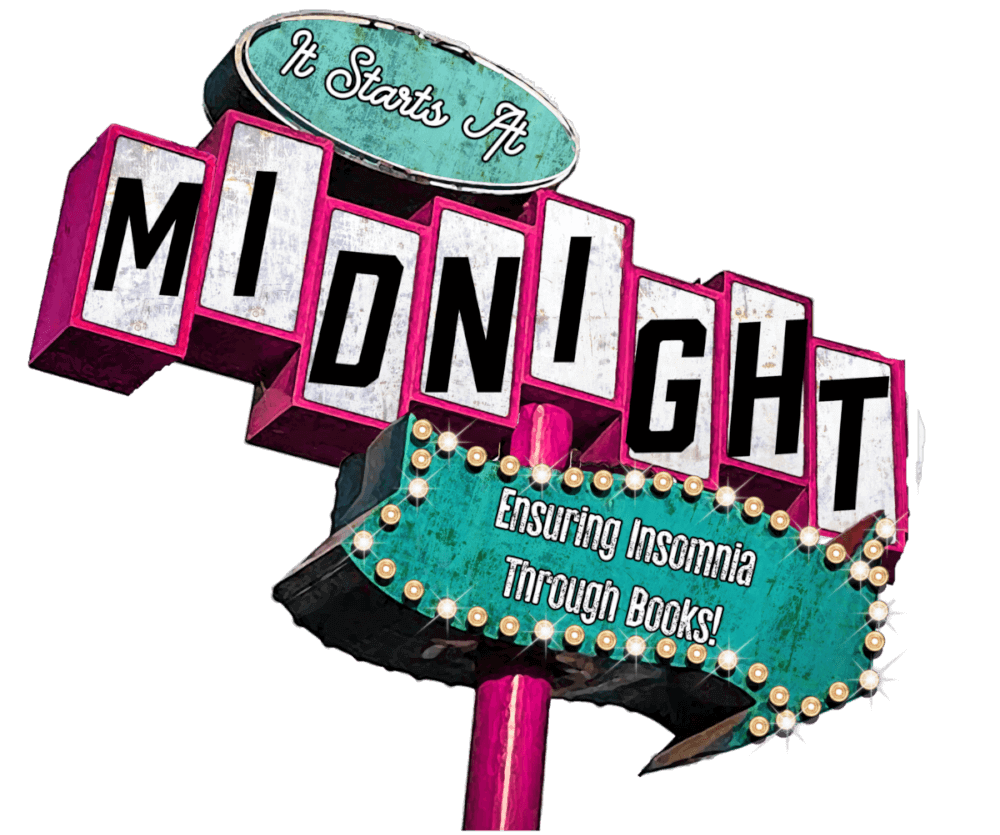
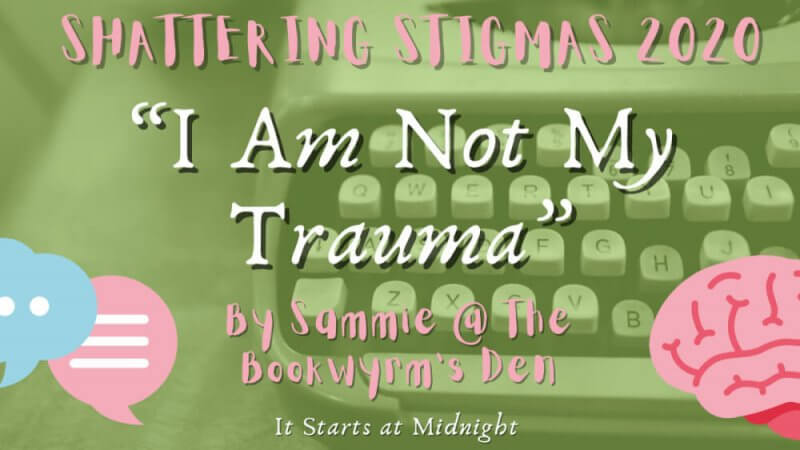
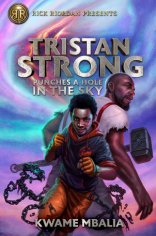

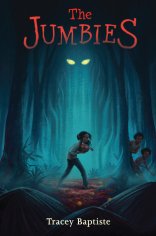
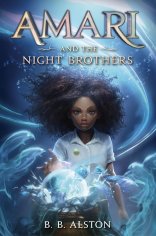
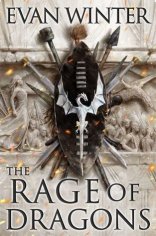

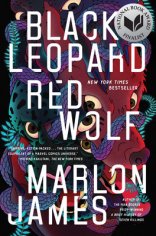
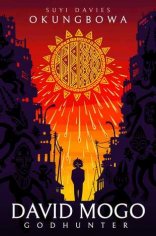


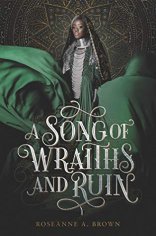
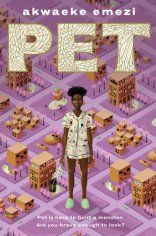


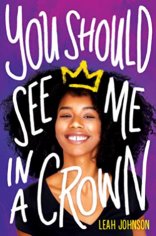
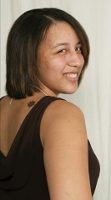

This post is so awesome! Thank you for sharing your story. I also enjoy finding books not necessarily focused on racial issues, but just being human and learning to accept yourself. I loved You Should See Me in a Crown and I want more stories like this.
thanks for sharing such a wonderful post
sherry @ fundinmental
I already knew Sammie was amazing (and a gifted writer), but I hadn’t heard her story. Thank you so much for sharing it. It’s so exciting to see how the book world is changing for the better! Such a lovely post. <3
Thank you for this fantastic article! The lack of representation (in all media) in this country for people who have grown up with two or more cultures (biracial and also the immigrant experience for first and second generation) is truly heartbreaking. We could all learn more about self-identity, compassion, and balance (I think) if we saw and read more about this. And 100% yes that framing minority voices ONLY within the context of abuse and trauma is just as problematic as erasing them altogether. People need to experience a humanizing of those who look and behave differently from them (across all areas, including racial), which means showing heroes and villains in diversity, in coming of age, in romance, in support, in history….not just in struggle against unjust cultural systems.
Thanks also for those great book recs! Most books I’ve read with Black characters were for my college lit classes, so I’m excited to see more YA ones.
“I told them the only difference was for some reason white people ask Black people silly questions, and that would stop them for a while.”
??
“Even though I recognize their importance, I don’t want to read books that are focused around Black trauma and struggle anymore. I want more than the pain associated with being who I am.”
I hope the “trauma books” are only the first step in the process of giving a voice to minorities. They’re important, they’re needed, but they shouldn’t be the only kind of representation there is. I loved your post, BTW ?-
Thank you so much for this powerful post! Can’t wait to check out the books you recommend!
Thank you so much for sharing your story and your thoughts. As a mom of an adopted Black son (who also has some cognitive disabilities, which further complicate matters), I often worry that he will grow up feeling “other”—it’s practically unavoidable. I would love it if there were more stories out there that reflected him, but I’m very happy that I can at least give him books like Tristan Strong where he can see characters who look like him conquering the world!